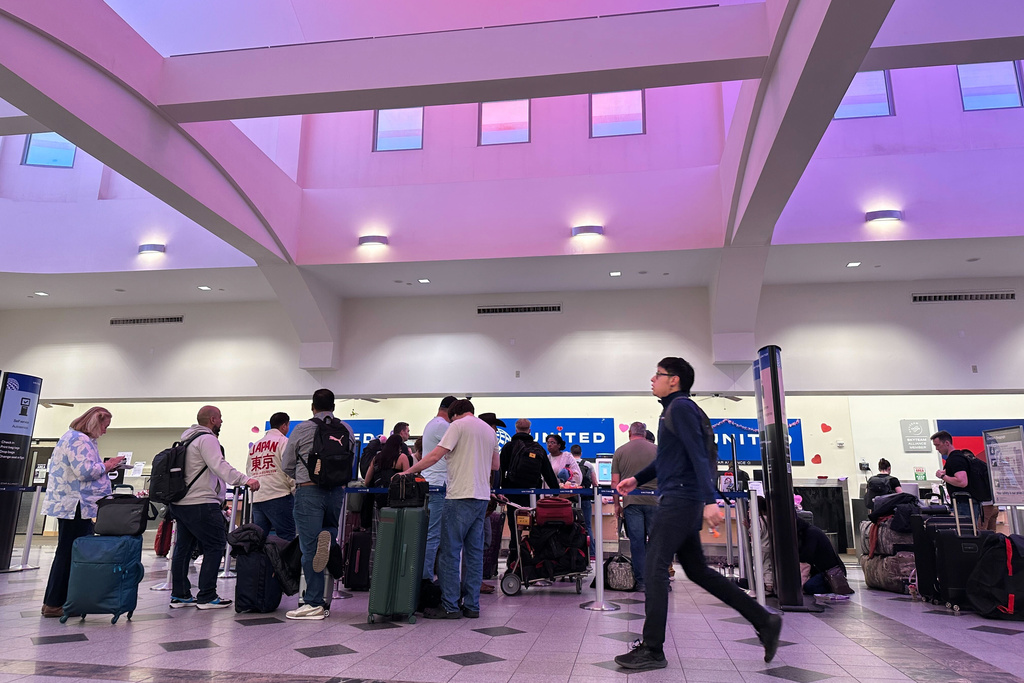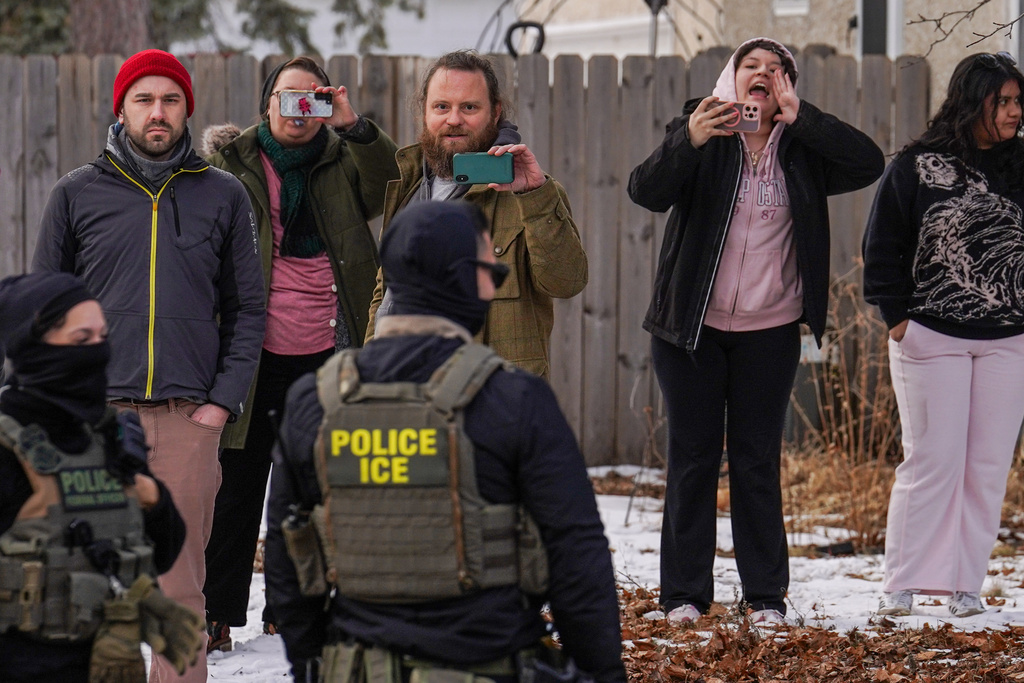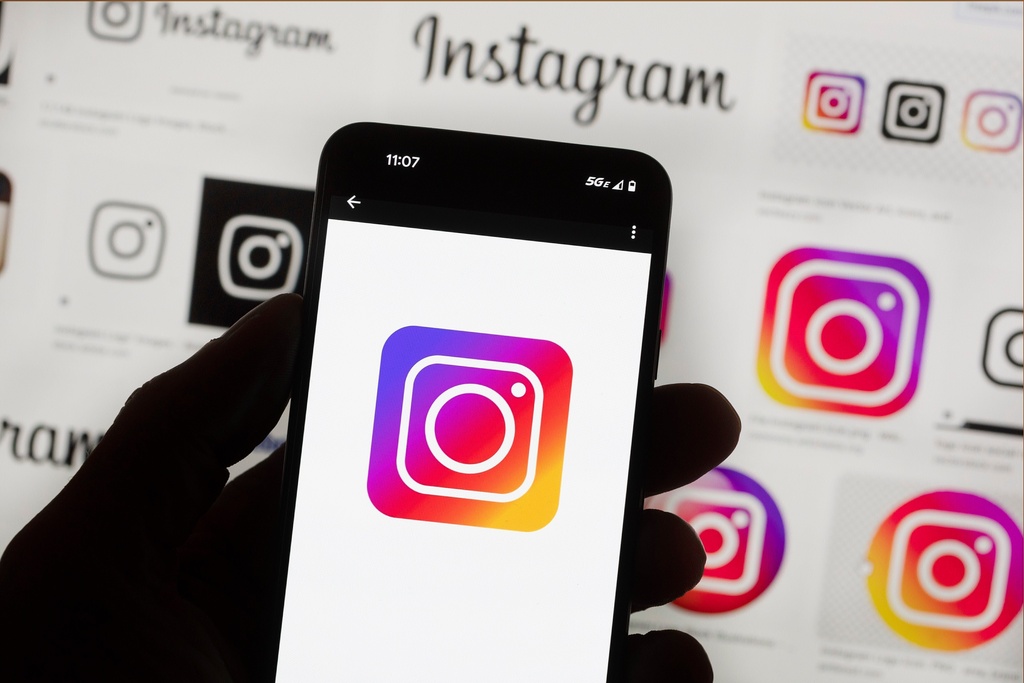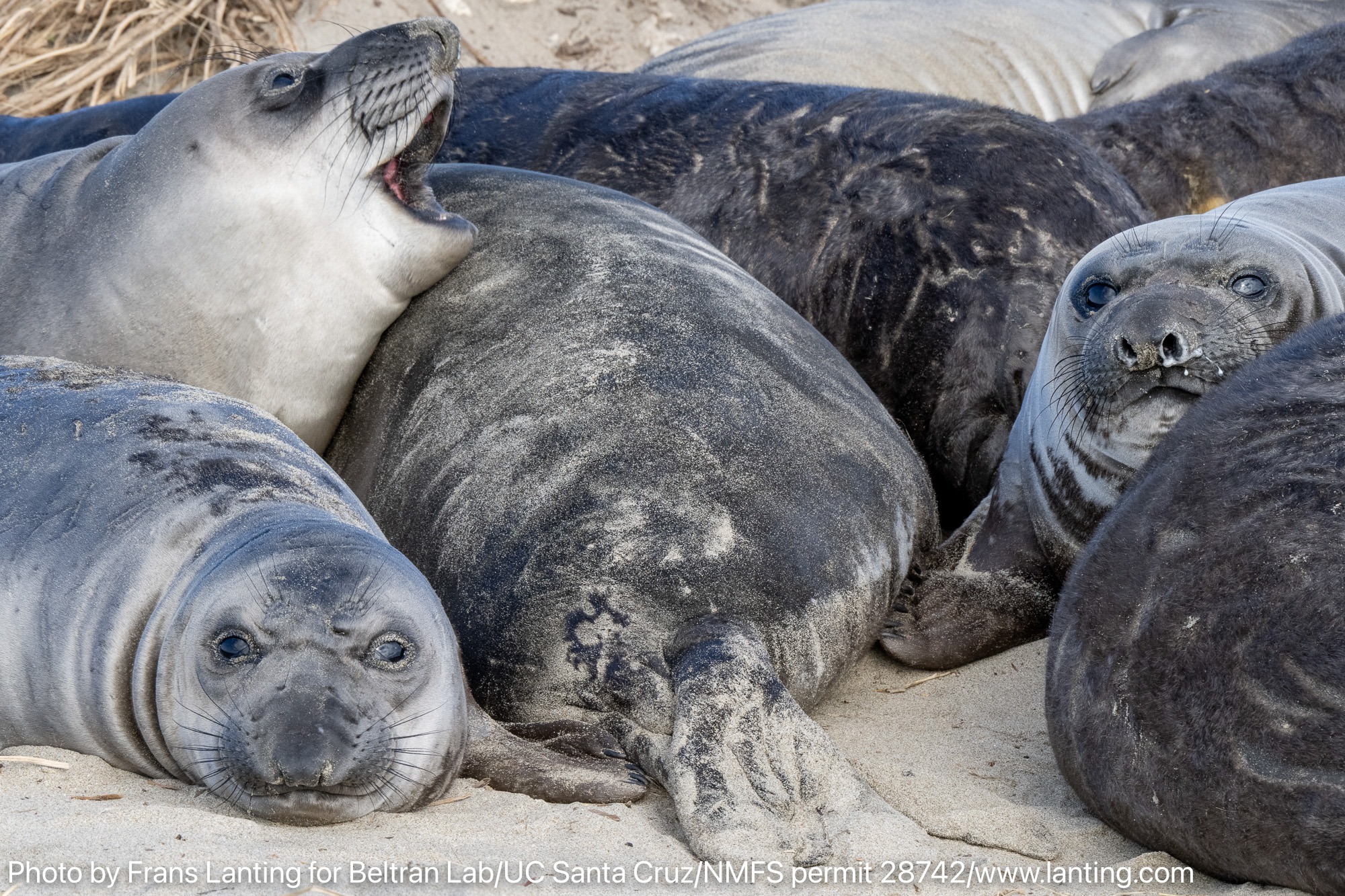It may seem like you're the only person in the world when you're feeling lonely, but it turns out there are more than a billion people who are feeling the same way.
According to a new Meta-Gallup survey, nearly 1 in 4 adults across the globe feel very or fairly lonely, and the statistic could be even higher, as the poll just represents 77% of the world's adults.
The survey, spanning 142 countries, asked a range of ages: "In general, how lonely do you feel?"
It found the highest rates of loneliness are felt among young adults aged 19 to 29, with 27% feeling very or fairly lonely, and the lowest rates were reported among older adults aged 65 and up, with 17% feeling very or fairly lonely.
Meanwhile, the majority of adults 45 years old and up reported not feeling lonely at all, while less than half of those younger would say the same.
In terms of gender, there is little to no difference in rates of feeling lonely in most countries, with 24% of men and women feeling very or fairly lonely. But in 79 countries, rates of self-reported loneliness are higher for women than for men.

Why are millennials lonelier than other generations?
According to a recent poll, about 3 in 10 millennials say they have zero best friends and are often or always feeling lonely.
Although significant loneliness has been on a decline since its reported peak during the pandemic — and the results of this survey show 49% of people don't report being lonely at all — major federal organizations and officials have recently called attention to its dangers, with the U.S. surgeon general declaring loneliness the nation's latest epidemic in May.
"Loneliness is associated with a greater risk of cardiovascular disease, dementia, stroke, depression, anxiety, and premature death," U.S. Surgeon General Vivek Murthy said in a report. "The mortality impact of being socially disconnected is similar to that caused by smoking up to 15 cigarettes a day, and even greater than that associated with obesity and physical inactivity."
If you're feeling isolated or disconnected, the CDC recommends you start a conversation — whether it be with friends and family or neighbors and coworkers, online or in person. It also recommends volunteering in your community or finding hobbies with like-minded people. And overall, it recommends to be kind to yourself as you aim to become connected again.










